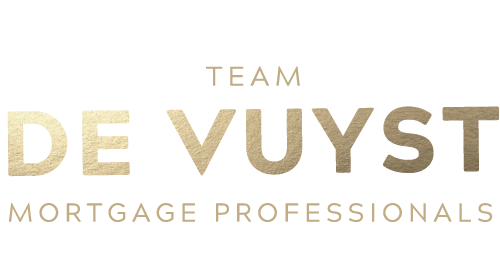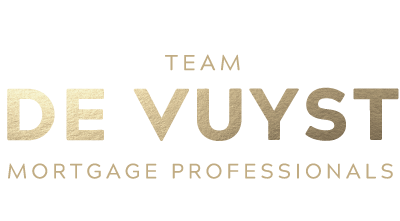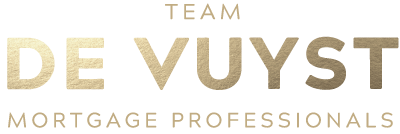Housing downturn will last another four years, analyst says
Eitel Insights predicts that Vancouver’s current housing slump won’t bottom until 2020.
A maverick real estate analyst who predicted Metro Vancouver’s housing crash a year ago says the current slump will stretch out for another four years.
In Western Investor’s October 2017 edition, Dane Eitel of Vancouver’s Eitel Insights forecast that 2018 sales of detached houses in Metro Vancouver would collapse and the average detached-house price would fall from the $1.8 million peak in May 2017 to $1.6 million by 2018’s third quarter.
As of September, detached housing sales had indeed plunged 40.4% from a year earlier, and the benchmark price had hit $1.54 million, according to the Real Estate Board of Greater Vancouver. The average price was approximately $1.58 million.
Eitel, who applies stock market-style analytics to the housing market, now forecasts that the detached-house price in Metro Vancouver will sink in stages to a bottom of $1.4 million by 2020’s third quarter and trade at the level for nearly two more years. The turnaround will begin in January 2022 and it will be dramatic, he predicts.
“By the end of 2023 we will be back up to the 2017 peak pricing [$1.83 million]. But the breakout will be historic. Especially for those who purchase at or anywhere near the bottom.”
Eitel added that the average Metro Vancouver detached-house price by 2028 will be around $2.8 million, doubling in value from the 2021 bottom.
But the BC Real Estate Association contends that the current downturn is a government-caused blip and recovery is already underway.
According to the association’s calculations, the B.C. market has turned from its trough in June, and since then seasonally adjusted activity has increased around 3.5%.
But Eitel said that 40 years of Greater Vancouver detached-house sales and average-price cycles reveal an established trading pattern that will play out over the next decade.
He noted that the last long-term cycle began in October 1987 and ran to 1996, during which time average house prices increased 190% and peaked at $286,000 in February 1995.
The average price then dropped 19% to bottom out in December 1996. Prices did not recover to the earlier peak until November 2002, six years later.
We are seeing a similar pattern today, said Eitel, who added that he has applied his analytics to every major city in Canada and that some regions will outperform Vancouver and Toronto over the short term.
He cautioned that the current recovery in Toronto’s housing market is “a dead-cat bounce” that will soon come to an ugly end.
“There are some markets in Canada that will see strong growth in house prices even as Vancouver and Toronto decline,” Eitel said, adding that information is proprietary and available through Eitel Insights.
This article was originally posted by Business In Vancouver.
RECENT POSTS








